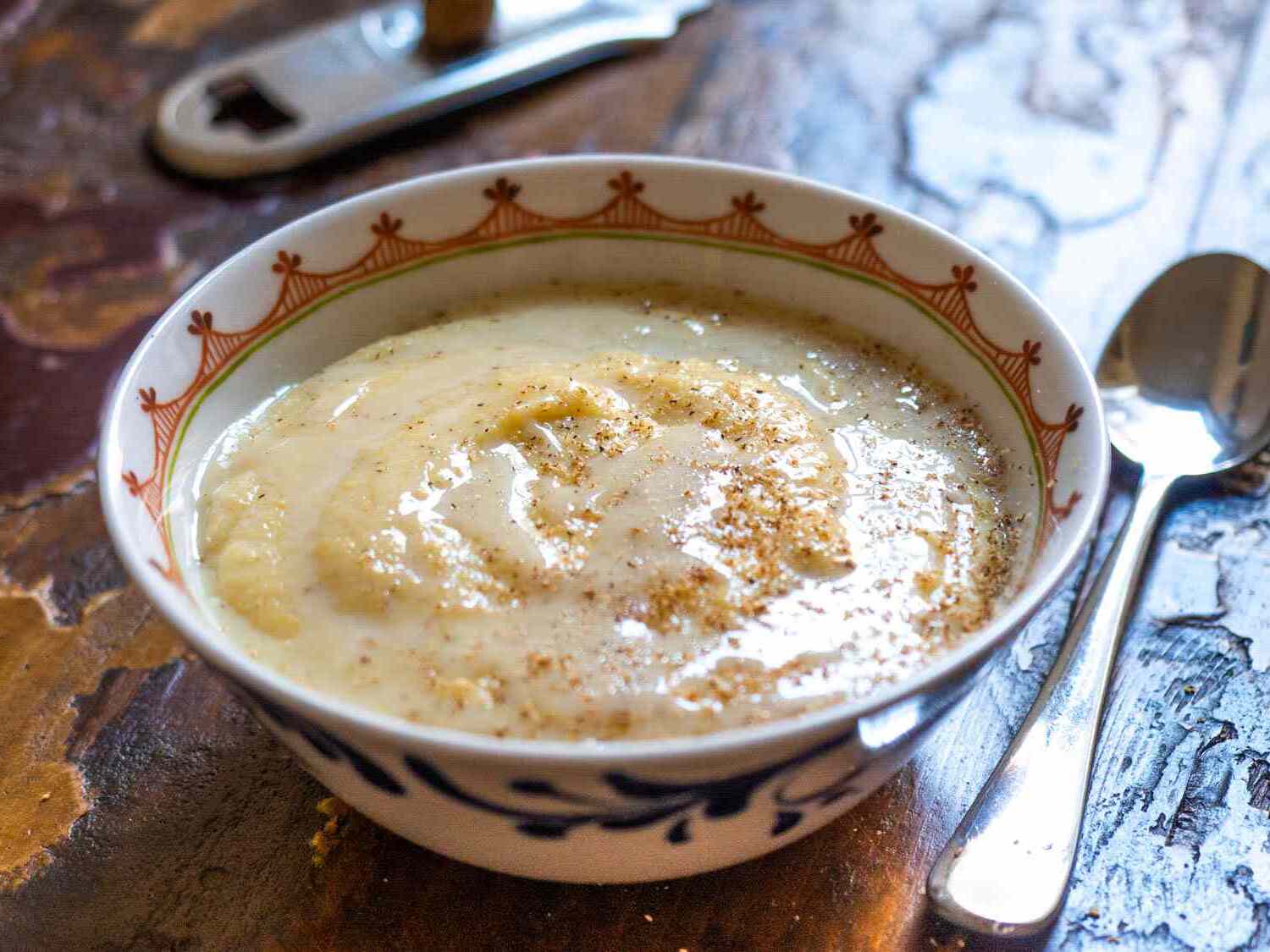
Cornmeal is a versatile ingredient found in many kitchens. But what exactly is it? Cornmeal is ground dried corn, often used in baking and cooking. It comes in different textures, from fine to coarse, each serving unique culinary purposes. Cornmeal can be yellow, white, or blue, depending on the type of corn used. It's a staple in dishes like cornbread, polenta, and tortillas. Rich in fiber and essential nutrients, cornmeal offers health benefits too. Curious about more? Here are 20 fascinating facts about this humble yet mighty ingredient that might surprise you!
What is Cornmeal?
Cornmeal is a staple ingredient in many kitchens. Made from dried corn kernels, it comes in various textures, from fine to coarse. Let's dive into some fascinating facts about this versatile food.
-
Cornmeal Varieties: Cornmeal can be yellow, white, or blue, depending on the type of corn used. Each variety has its unique flavor and texture.
-
Historical Staple: Native Americans have used cornmeal for centuries. They introduced it to European settlers, who quickly adopted it into their diets.
-
Polenta: In Italy, cornmeal is used to make polenta, a popular dish that can be served creamy or allowed to set and then fried or grilled.
-
Grits: In the Southern United States, cornmeal is used to make grits, a beloved breakfast dish often served with butter, cheese, or shrimp.
Nutritional Benefits of Cornmeal
Cornmeal isn't just versatile; it's also packed with nutrients. Here are some health benefits that might surprise you.
-
Rich in Fiber: Cornmeal is high in dietary fiber, which aids digestion and helps maintain a healthy weight.
-
Gluten-Free: For those with gluten sensitivities or celiac disease, cornmeal is a safe and delicious alternative to wheat-based products.
-
Vitamins and Minerals: Cornmeal contains essential vitamins and minerals, including B vitamins, iron, and magnesium.
-
Antioxidants: Yellow cornmeal is rich in antioxidants like lutein and zeaxanthin, which are beneficial for eye health.
Culinary Uses of Cornmeal
Cornmeal's versatility extends beyond traditional dishes. It can be used in various culinary applications, adding flavor and texture to many recipes.
-
Baking: Cornmeal is a key ingredient in cornbread, muffins, and pancakes, providing a unique texture and flavor.
-
Coating: Use cornmeal as a coating for fried foods like fish or chicken to achieve a crispy, golden crust.
-
Thickening Agent: Cornmeal can thicken soups, stews, and sauces, adding body and richness to the dish.
-
Pizza Crust: Sprinkle cornmeal on a pizza stone or baking sheet to prevent sticking and add a delightful crunch to the crust.
Fun Facts About Cornmeal
Beyond its practical uses, cornmeal has some interesting trivia that might surprise you.
-
Cornmeal Festivals: Some regions celebrate cornmeal with festivals, showcasing its cultural and culinary significance.
-
Historical Currency: In some Native American cultures, cornmeal was used as a form of currency and trade.
-
Cornmeal in Art: Artists sometimes use colored cornmeal in sand paintings and other traditional artworks.
-
Cornmeal in Cosmetics: Cornmeal is an ingredient in some natural exfoliating scrubs, providing gentle abrasion to remove dead skin cells.
Cornmeal in Global Cuisine
Cornmeal's influence spans the globe, featuring prominently in various international dishes.
-
Arepas: In Venezuela and Colombia, cornmeal is used to make arepas, a type of flatbread that can be stuffed with various fillings.
-
Tamales: In Mexico, cornmeal is a key ingredient in tamales, which are steamed in corn husks and filled with meats, cheeses, or vegetables.
-
Ugali: In East Africa, cornmeal is used to make ugali, a staple food that accompanies many meals.
-
Pap: In South Africa, pap is a porridge made from cornmeal, often served with meat and vegetables.
Cornmeal's rich history, nutritional benefits, and culinary versatility make it a fascinating subject. Whether you're baking, frying, or exploring global cuisines, cornmeal offers endless possibilities.
Cornmeal's Impact on Our Lives
Cornmeal isn't just a pantry staple; it's a versatile ingredient with a rich history. From its origins with Native American tribes to its role in Southern cuisine, cornmeal has shaped culinary traditions. It's used in everything from cornbread to tamales, showcasing its adaptability. Nutritionally, it offers fiber, vitamins, and minerals, making it a healthy choice. Its economic importance can't be overlooked either, as it's a key crop in many regions. Whether you're cooking up a family recipe or trying something new, cornmeal's significance is undeniable. Next time you enjoy a dish made with cornmeal, remember the journey it took to get to your plate. This humble ingredient has a story worth appreciating, adding depth to every bite. So, keep exploring cornmeal's potential in your kitchen, and you'll discover even more reasons to love it.
Was this page helpful?
Our commitment to delivering trustworthy and engaging content is at the heart of what we do. Each fact on our site is contributed by real users like you, bringing a wealth of diverse insights and information. To ensure the highest standards of accuracy and reliability, our dedicated editors meticulously review each submission. This process guarantees that the facts we share are not only fascinating but also credible. Trust in our commitment to quality and authenticity as you explore and learn with us.


